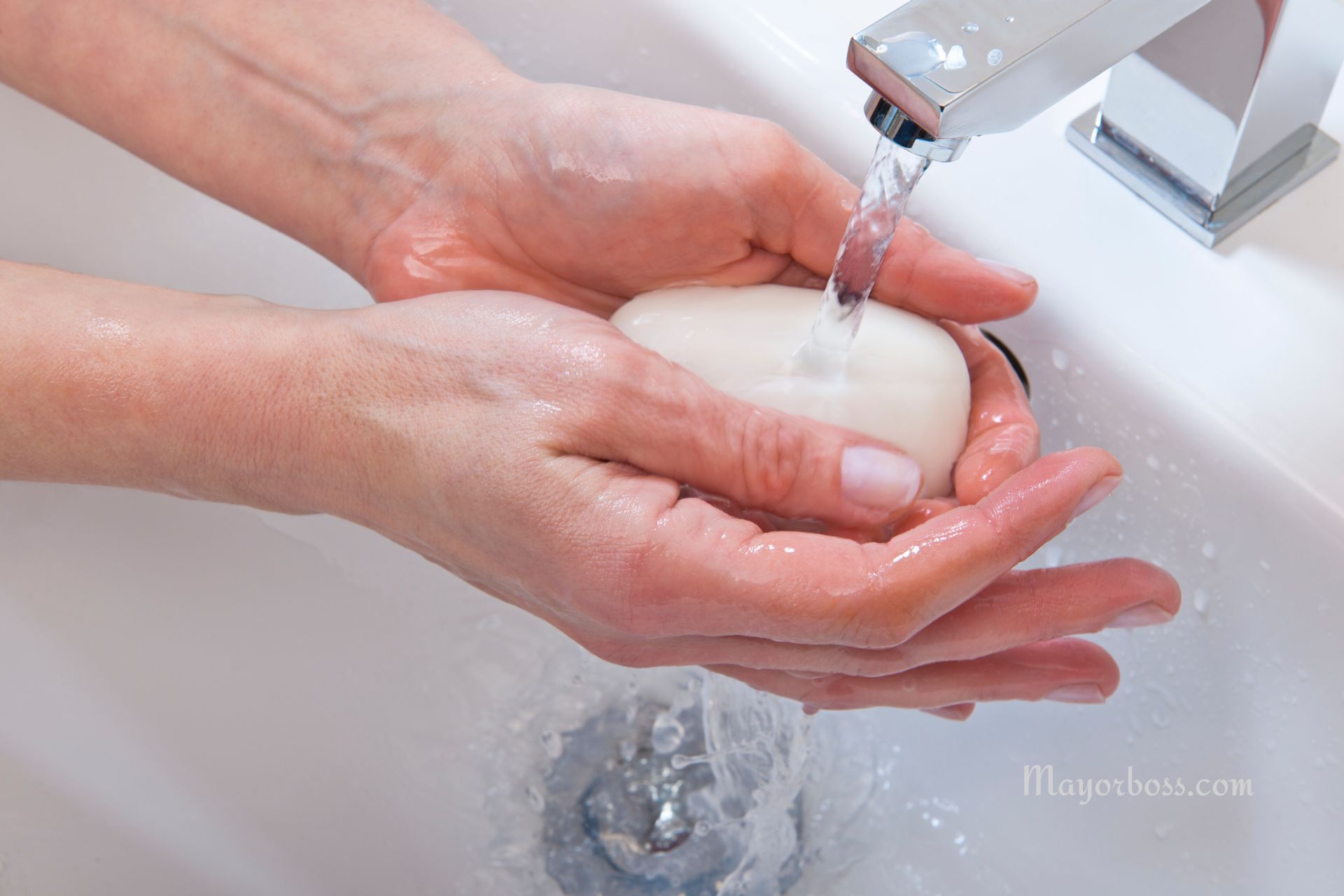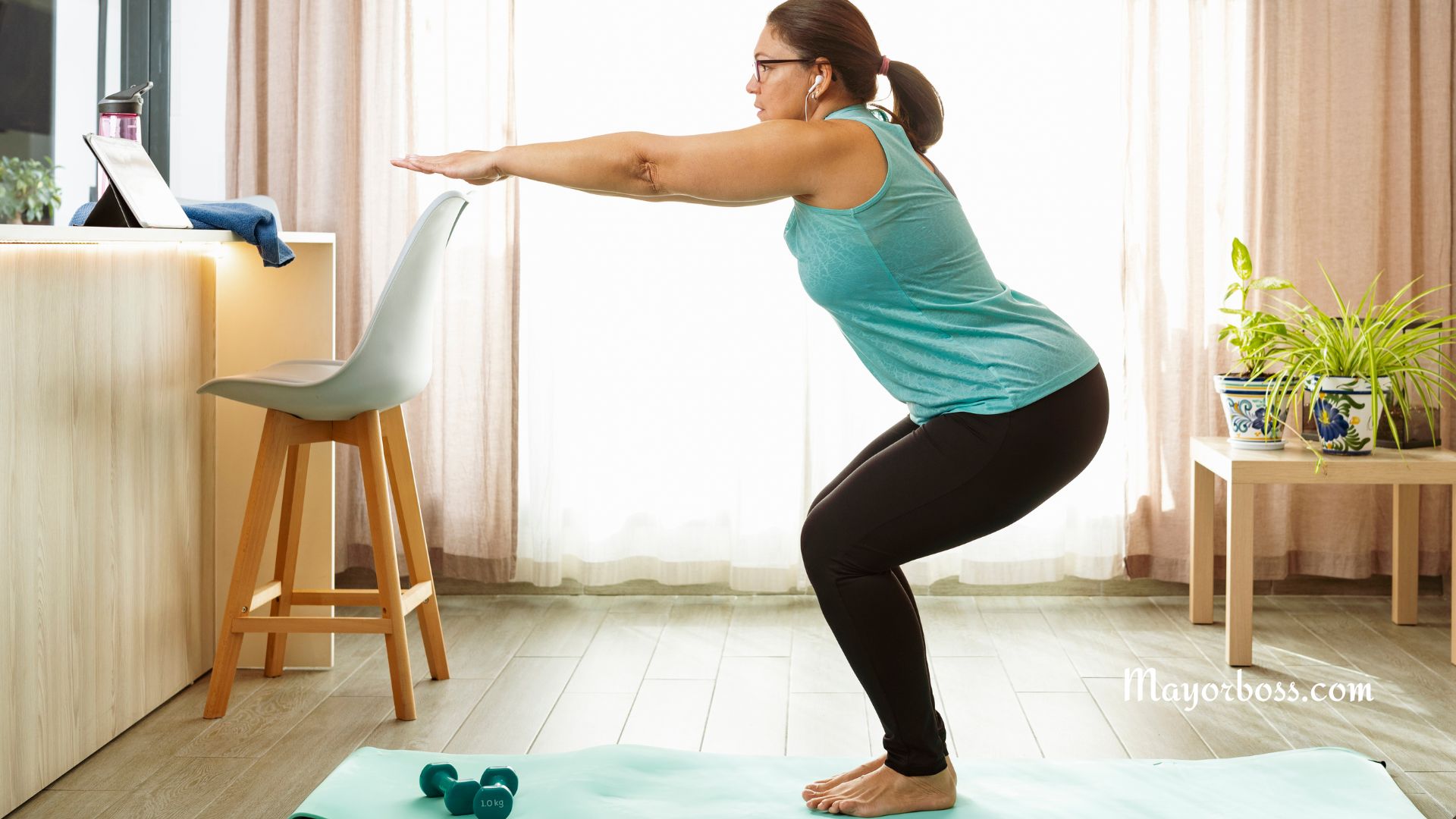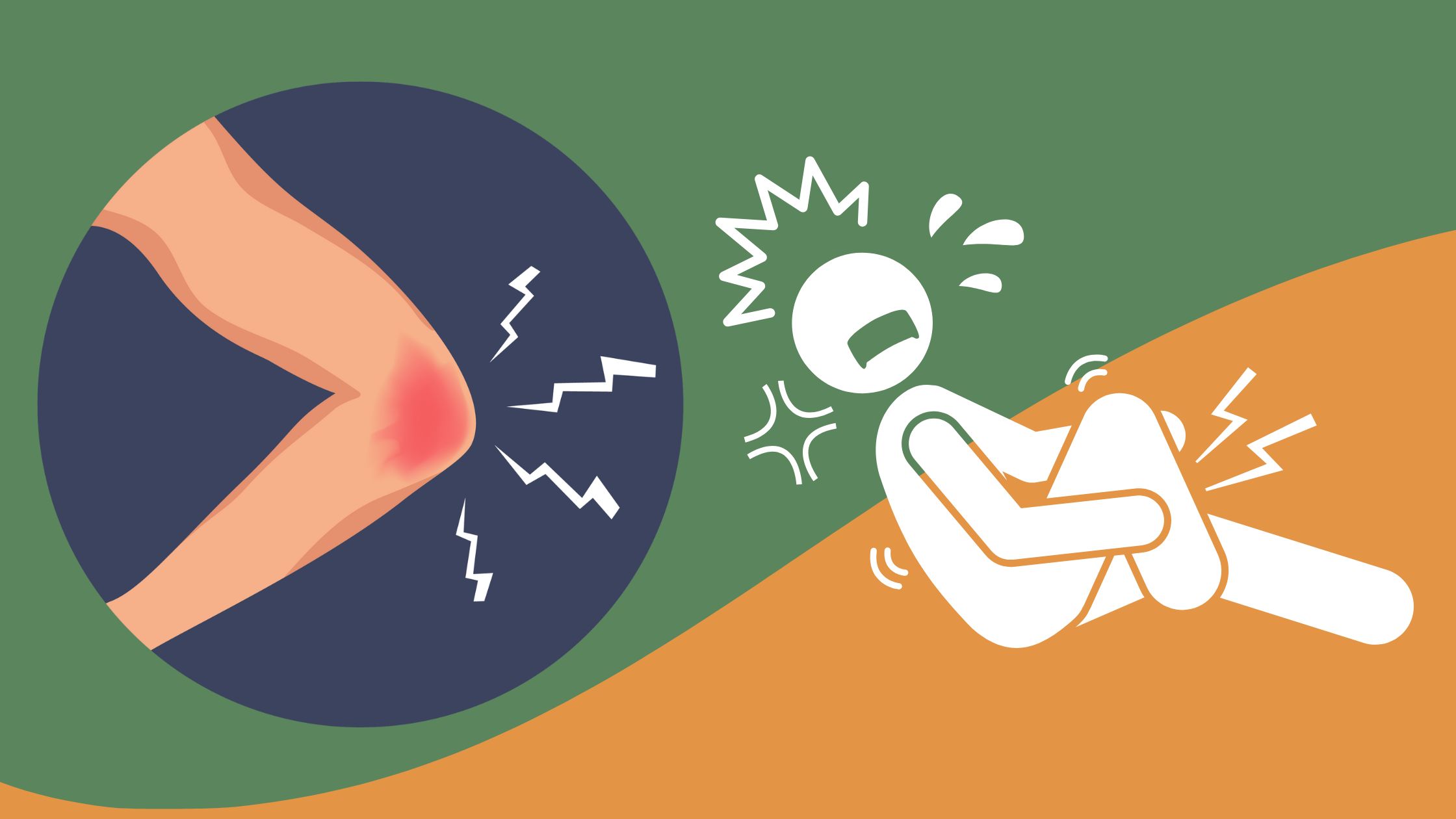What Is Water Weight?
What Is Water Weight?
Water weight, otherwise referred to as edema, is defined as the extra water or fluid that’s stored throughout your body. Sometimes, your body retains more water than usual, leading to weight fluctuations. Water makes up about 60% of your body weight and plays a vital role in your health, but carrying excess can feel uncomfortable and cause swelling or puffiness, particularly in your limbs, abdomen, or face.

How Your Body Handles Water Weight
Kidneys and Fluid Balance
Your kidneys are like managers that decide how much water to retain or release. They react to signals in your body, adjusting to your hydration needs. So, if you’ve had too little water, they work to hold on to what you have. Conversely, if you’ve drunk a lot, they’ll try to get rid of the excess.
Lymphatic System and Water Regulation
The lymphatic system also plays a role in managing water weight. It helps to transport excess fluid from tissues back into the bloodstream. When it’s not working correctly, fluid can build up, leading to swelling, which is a type of water weight.
Water Weight vs. Fat
It’s essential to distinguish between water weight and fat. Water weight can fluctuate daily and is temporary. On the other hand, fat is more stable and accumulates over time due to an imbalance between calories consumed and calories burned.
Causes of Water Weight
Water weight can be caused by a variety of factors. It’s commonly due to:
- Sodium Intake: When you consume salty foods, your body holds onto water to balance the salt concentration.
- Carbohydrate Consumption: Eating carbs can lead to glycogen storage in your muscles and liver, which binds to water.
- Physical Inactivity: Not moving around much can lead to fluid accumulation, especially in the lower limbs.
- Hormonal Changes: Hormonal fluctuations during menstrual cycles or pregnancy can increase water retention.
- Medications: Certain drugs like blood pressure medications can cause your body to hold onto water.
- Poor Circulation: If your circulatory system isn’t working optimally, it can cause fluid to accumulate, especially in the lower parts of your body.
- Climate Changes: Hot weather can lead your body to hold onto water to prevent dehydration, while high humidity can reduce the body’s ability to release water through sweat.
- Altitude: Higher altitudes can trigger your body to retain water as it adapts to the lower oxygen levels.
- Dehydration: Paradoxically, not drinking enough water can make your body hold onto fluids as a defense against scarcity.
- Dietary Deficiencies: Lack of certain nutrients, like protein or B vitamins, can affect your body’s water balance.
- Health Conditions: Issues with kidney, heart, or liver function can lead to fluid retention. Conditions such as thyroid disorders or venous insufficiency also play a role.
- Allergies or Infections: In response to allergies or infections, your body might retain fluid as part of the inflammatory process.
- Plane Flights: Long flights can cause water retention due to prolonged sitting and changes in cabin pressure.
How To Lose Water Weight
To reduce water weight, you might try:
- Hydration: Ironically, drinking more water can help flush out excess sodium and reduce water retention.
- Exercise: Engaging in both cardio and strength training exercises can improve circulation and help maintain a healthy fluid balance.
- Mind Your Diet: Cutting back on high-sodium foods and refined carbs can decrease water retention.
- Increase Potassium: Foods high in potassium help balance sodium levels and increase urine production, hence helping you lose excess water.
- Manage Stress: Stress leads to the release of cortisol, which can influence water retention. Activities like meditation, yoga, or deep breathing can help manage stress levels.
- Get Enough Sleep: Quality sleep helps maintain a healthy balance of the body’s fluids and sodium.
- Herbal Remedies: Some herbs, like dandelion or horsetail, act as natural diuretics and may help your body shed excess water.
- Limit Alcohol: Alcohol can dehydrate your body, which, in turn, can cause it to retain water. Reducing alcohol intake can help manage water weight.
- Monitor Your Medications: Talk with your doctor about the medications you are taking. Some may contribute to water retention, and alternatives may be available.
- Compression Garments: For those with circulation issues, compression socks or stockings can help reduce leg swelling.
- Elevation: If you’re sitting or standing for long periods, elevating your legs can help reduce water retention in the lower limbs.
- Consult a Doctor: If you frequently retain water without an apparent cause, it may be wise to talk with a healthcare professional to rule out underlying conditions.
Reducing water weight involves lifestyle changes and, in some cases, medical intervention. If you feel you’re carrying excess water, these strategies can help you feel lighter and more comfortable. However, it’s important to approach this carefully and consider seeking advice from your doctor, especially if the issue persists.






